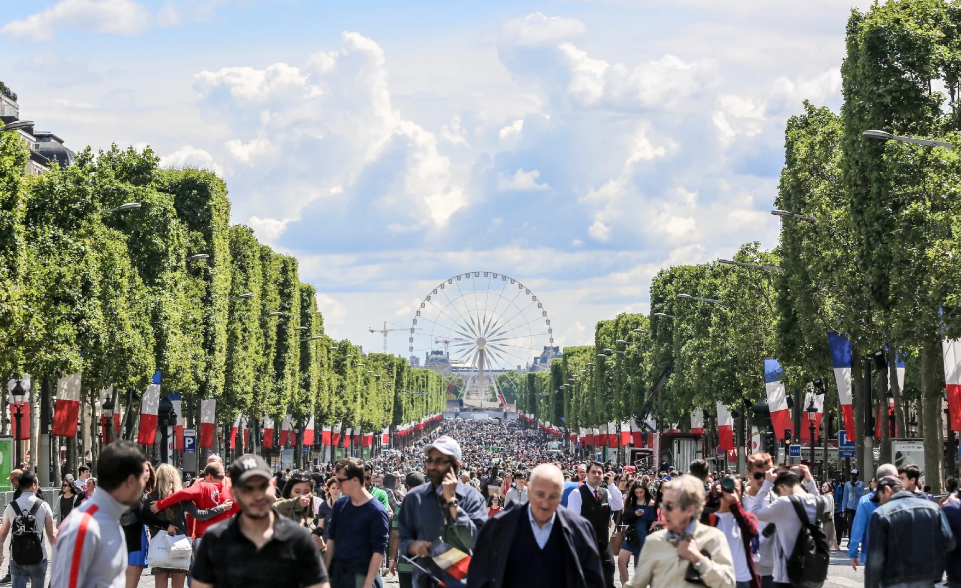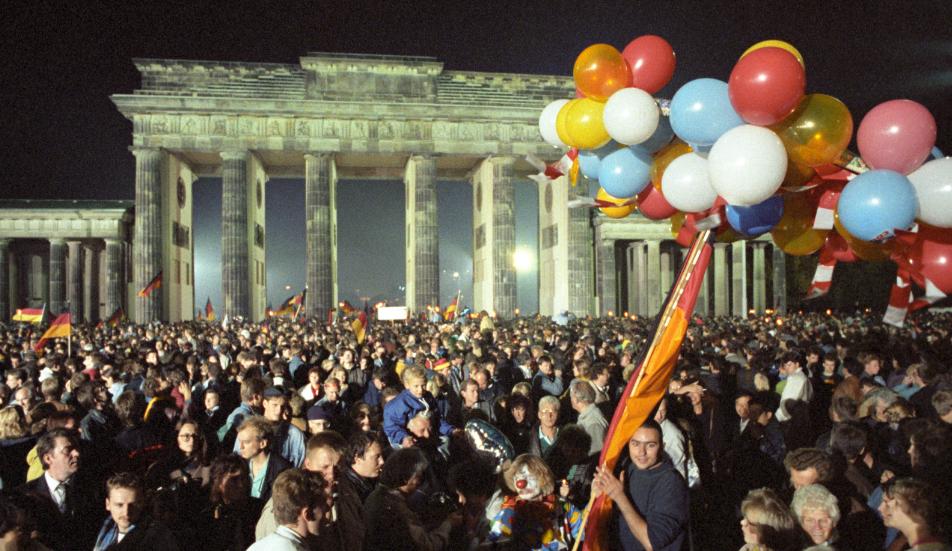In the vibrant West African nation of Benin, the 1st of August holds a special place in the hearts of its citizens. This significant date marks the Benin National Holiday, a day of commemoration, unity, and celebration. Join us as we delve into the rich history, cultural significance, festivities, and the overall impact of this remarkable national holiday.
The Benin National Holiday is an annual observance that marks the country’s independence and celebrates its rich heritage. It serves as a reminder of the nation’s struggle for freedom and its ongoing efforts to promote unity and progress.
Historical Background of Benin National Holiday
The historical significance of Benin National Holiday dates back to the period when Benin was under French colonial rule. On August 1st, 1960, Benin gained its independence, breaking free from the shackles of colonization. This momentous occasion marked the beginning of a new era for the country.
Significance of Benin National Holiday
August 1st holds immense significance in Benin, symbolizing the country’s triumph over oppression and its emergence as a sovereign nation. It serves as a day of reflection, allowing the citizens of Benin to honor their history, culture, and collective achievements.
Celebration and Festivities
The Benin National Holiday is celebrated with great enthusiasm throughout the country. The festivities encapsulate the essence of Beninese tradition, customs, and cultural heritage.
Traditional Events and Customs
During the Benin National Holiday, various traditional events and customs take place across the country. These include ceremonies, rituals, and practices that pay homage to the ancestors and showcase the cultural diversity of Benin.
Cultural Performances
Colorful cultural performances play a central role in the celebrations. Traditional music, dance, and theatrical displays captivate audiences and offer a glimpse into the artistic prowess and creativity of Beninese communities.
Public Gatherings and Parades
Public gatherings and parades are organized in major cities and towns, drawing large crowds of enthusiastic citizens. These events provide a platform for people from all walks of life to come together, fostering a sense of unity and national pride.
National Symbols and Emblems
The Benin National Holiday also serves as an opportunity to reflect on the national symbols and emblems that represent the country’s identity.
Flag of Benin
The national flag of Benin, with its vibrant colors and unique design, is an emblem of national unity and progress. The flag consists of two horizontal bands of yellow and red, with a green vertical band on the left side. The yellow band represents the country’s wealth and its bright future, while the red symbolizes the courage and determination of the Beninese people. The green band represents the lush vegetation and agricultural abundance of the nation.
National Anthem
During the Benin National Holiday celebrations, the national anthem, “L’Aube Nouvelle” (The Dawn of a New Day), resonates throughout the country. The anthem, composed by Father Gilbert Jean Dagnon, reflects the aspirations, unity, and resilience of the Beninese people. Its lyrics embody the values of freedom, justice, and progress, serving as a source of inspiration for all citizens.
Coat of Arms
The coat of arms of Benin is a significant emblem that represents the country’s sovereignty and national identity. It features a shield adorned with various symbols, including an elephant, a palm tree, two crossed flags, and a banner with the national motto: “Fraternité, Justice, Travail” (Fraternity, Justice, Work). The coat of arms serves as a visual representation of Benin’s values, history, and aspirations.
Importance of Benin National Holiday
The Benin National Holiday plays a vital role in fostering unity, patriotism, and a sense of belonging among the citizens of Benin.
Unity and Patriotism
The holiday serves as a powerful reminder of the collective strength and unity of the Beninese people. It brings together individuals from diverse backgrounds, fostering a spirit of solidarity and mutual respect. Citizens proudly display their national pride, reinforcing a shared sense of belonging and identity.
Commemoration of Independence
The Benin National Holiday commemorates the hard-fought battle for independence. It serves as a tribute to the brave men and women who fought for the liberation of the nation and a reminder of the sacrifices made to achieve freedom.
Cultural Preservation
The holiday provides an opportunity to celebrate and preserve Benin’s rich cultural heritage. Traditional customs, music, dance, and art are showcased, ensuring that the younger generations have a deep appreciation for their roots and traditions.
FAQs on Benin National Holiday
Q: Why is August 1st celebrated as the Benin National Holiday?
A: August 1st marks the day when Benin gained its independence from French colonial rule in 1960, making it a significant date in the country’s history.
Q: What are some traditional customs observed during the Benin National Holiday?
A: Traditional customs include ceremonies honoring ancestors, the wearing of traditional attire, and the performance of cultural rituals that showcase the diversity of Benin’s cultural heritage.
Q: Are the Benin National Holiday celebrations open to tourists?
A: Yes, the celebrations are open to tourists who can witness and participate in the cultural performances, parades, and other festivities that take place throughout the country.
Q: How does the Benin National Holiday contribute to the country’s economy?
A: The influx of tourists during the holiday season boosts the tourism industry, supporting local businesses such as hotels, restaurants, and handicraft vendors, thereby stimulating the economy.
Q: Are there any special events or activities that take place during the Benin National Holiday?
A: Yes, special events such as music concerts, art exhibitions, and sports competitions are organized to entertain the public and celebrate the cultural richness of Benin.
Conclusion
In conclusion, the Benin National Holiday on August 1st is a joyous occasion that commemorates the country’s independence and celebrates its vibrant culture. It is a day filled with pride, unity, and a deep sense of appreciation for Benin’s rich heritage. The festivities, cultural performances, and community gatherings during the holiday not only strengthen the bonds between the citizens but also contribute to the country’s tourism and economy. As Benin continues to preserve its traditions and promote national identity, the Benin National Holiday stands as a testament to the resilience and spirit of the Beninese people.
References
- “Benin Independence Day: A Celebration of Freedom and Unity.” Retrieved from https://www.benintourism.com/en/events/benin-independence-day/
- “Benin National Holiday: Celebrating Unity and Heritage.” Retrieved from https://www.beninembassy.us/independence-day-celebration/
- “Symbols of Benin: Flag, Anthem, and Coat of Arms.” Retrieved from https://www.beninembassy.us/about-benin/symbols-of-benin/

